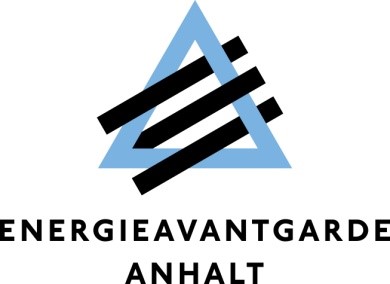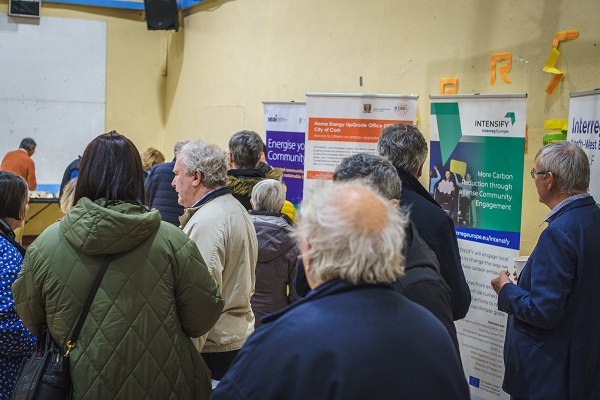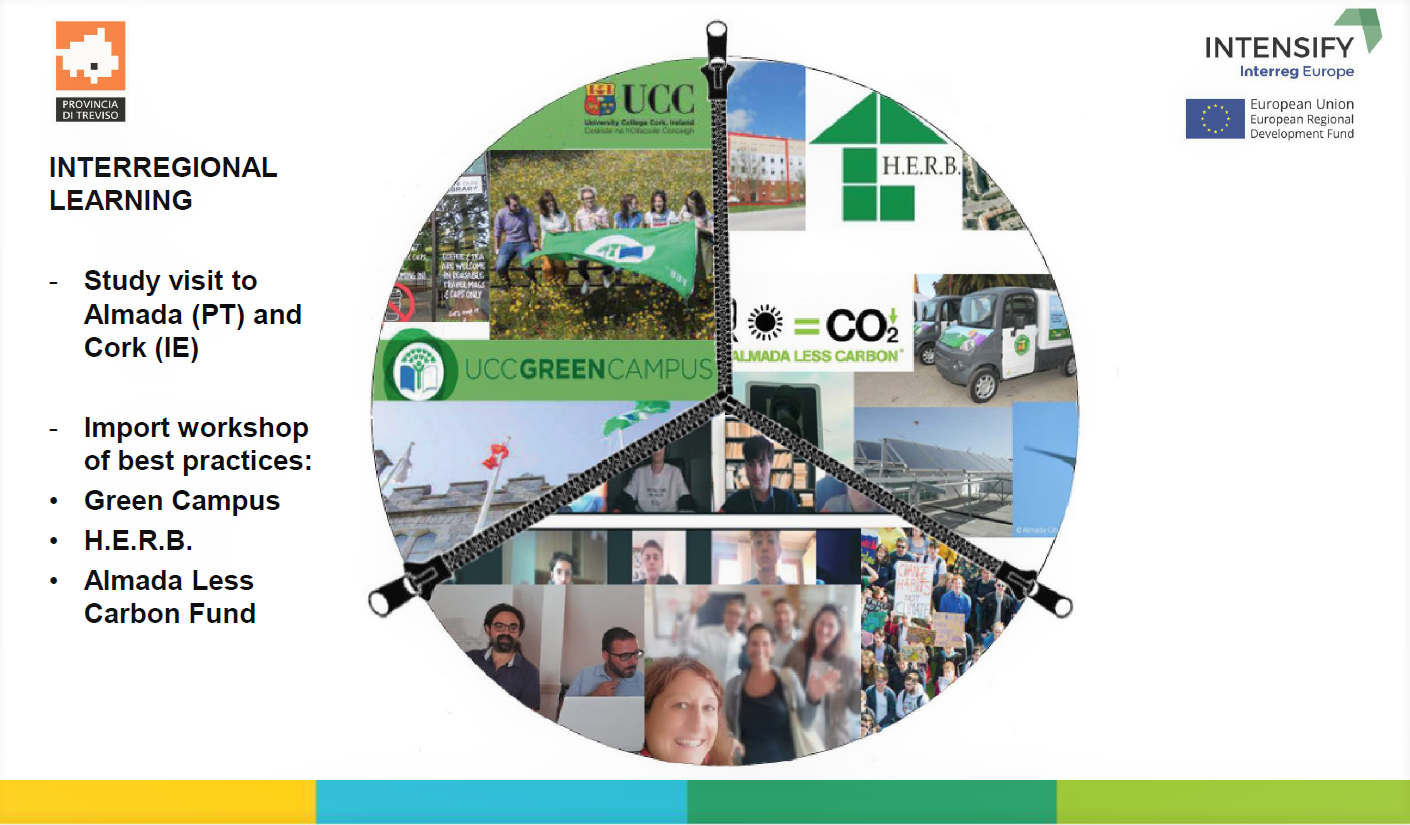Energy Performance contracts are a very important tool when it comes to financing carbon reduction projects. It is crucial that the actual and planned implementation of the project are closely aligned in order to ensure that the energy and financial savings are achieved. The savings can be allocated to the contractor as part payment or can be shared between the contractor and the building owner.
Speaking at the Intensify projects third thematic event held in Dessau today, Antonio Zonta the head of Buildings, Estates and Public Procurement Department in the Province of Treviso Italy, spoke of an innovative development of the energy performance contract that was trialled by the Province of Treviso as part of the Interreg Central Europe TOGETHER project (www.interreg-central.eu/Content.Node/TOGETHER.html). The contract includes social/behavioural measures that would seek to save money and energy by educating building users on actions they could take to reduce there carbon footprint. These measures included actions to optimise the use of the building and by providing heating and lighting only to rooms that were in use.
By combining technological improvements to the building with behavioural improvements on the part of the users, the Province of Treviso were able to substantially reduce the carbon footprint of their school buildings through a new form of contract known as EPIC - the Energy Performance Integrated Contract.
The savings that accrued were used to help finance other energy savings measures in the Province of Treviso.
A






